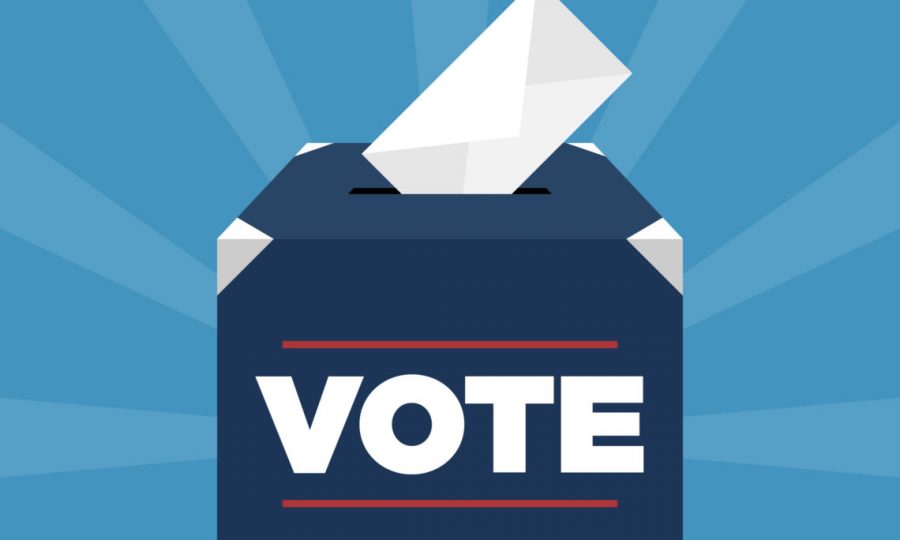Younger people should have the chance to vote
April 27, 2020
In recent years, voting has become a compelling and persistent topic among the younger generation. More specifically, teenagers have become more aware of politics and the outcomes of it ever since Trump was elected president in 2016. Teenagers frequently have expressed their opinions on climate change, gun control, women’s rights, and or immigration rights. Teenagers are becoming a focal point in politics and are becoming one of the loudest voices for justice here in the United States.
Regardless of what teenagers do, they are still looked down upon, in some cases degraded for what people perceive to be their lack of experience and knowledge. Even then, the majority of teenagers are not afraid to express their opinion and continue to voice themselves through social media and or walk the streets of their town/city and protest.
Teenagers are taking politics seriously, many of them are taking political stands on the coming 2020 election posting to social media and are not afraid to voice their support to their respective candidates. Hence many of them are ready to vote, so why are they still looked down on? Why shouldn’t they have a say in government politics?
In many states, 16-year olds are allowed to drive, drop out of school, get married, leave the house, get a job and even start doing income taxes. However, should they be silenced when it comes to politics and decision-making, even though the only group who will face the bigger challenges and consequences will be the younger generation?
Some areas in a few states have allowed younger people to cast a vote, such as Takoma Park, Maryland. They were the first town to allow 16/17-year-olds to vote. Other towns surrounding Takoma Park also passed the same rule. States such as Massachusetts and Oregon have also considered this option.
Teenagers not having the opportunity to vote is rooted in a problem much deeper than it might sound. Sixteen year old Kalief Browder was sentenced to three years for stealing a backpack in school back in 2009. He was one of many whose case was held without trial. Eventually, he ended his life due to the mistreatment and unfairness his case turned out to be. 16-year old Browder didn’t have a say in his own case, he was voiceless. Due to his age, he had no other choice but to be voiceless in the policies that put him in the situation.
Studies have shown that including the youth in voting will double the turnout in the election and will most likely motivate the youth in informing themselves about their future. During the 2016 presidential and 2018 midterm elections, there was a drastic increase in voters younger than the Baby Boomer generation. The 2020 election, quite notably the most important one, can have a positive turnout too, if states allow it.
But once teenagers become 16, opportunities open and arise, but the biggest opportunity that remains closed is, unfortunately, the most important one. So until someone opens that door, teenagers will continue to walk and talk out in the streets, use social media as their biggest ally, inform the public and change the world. As we have been doing all along.
